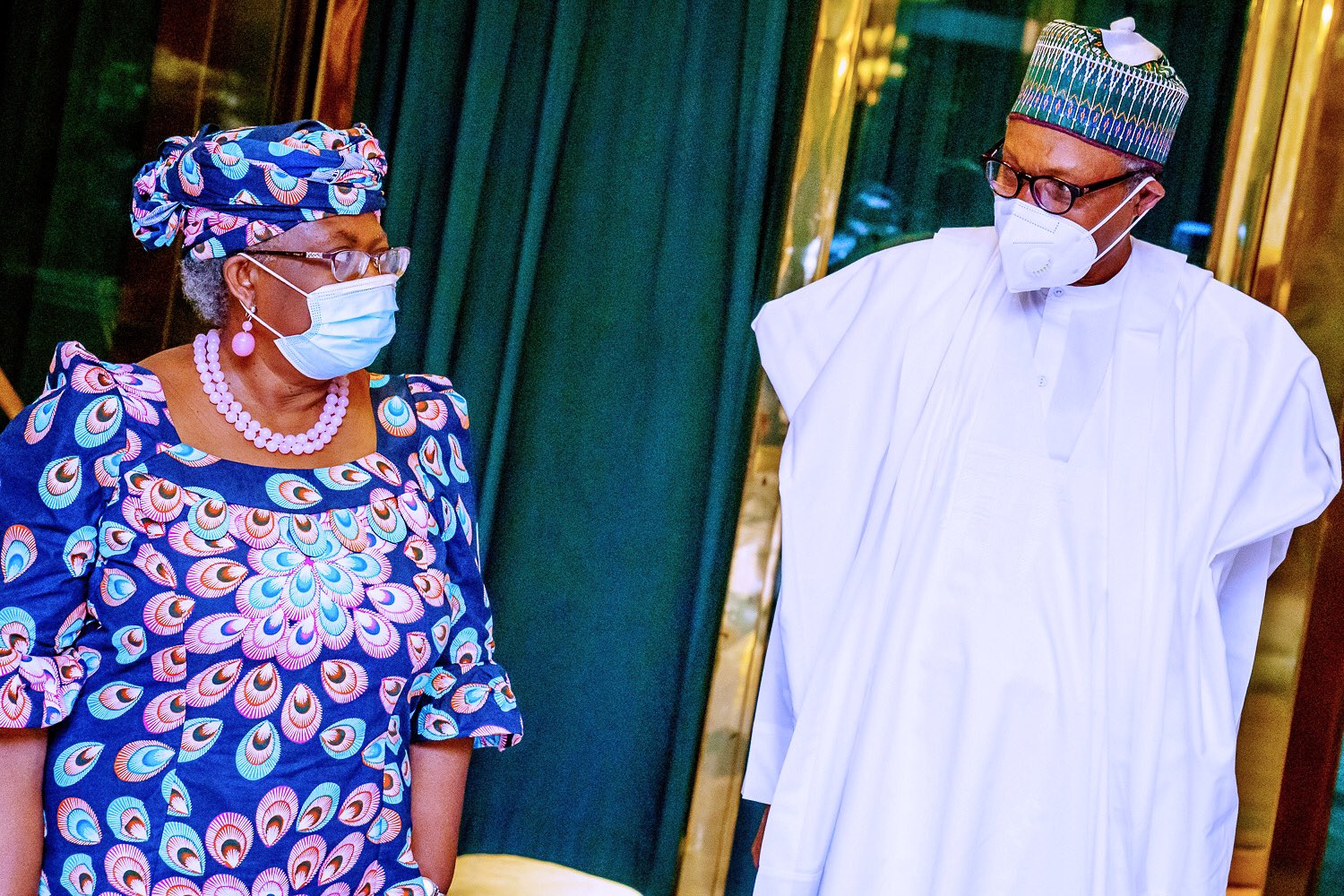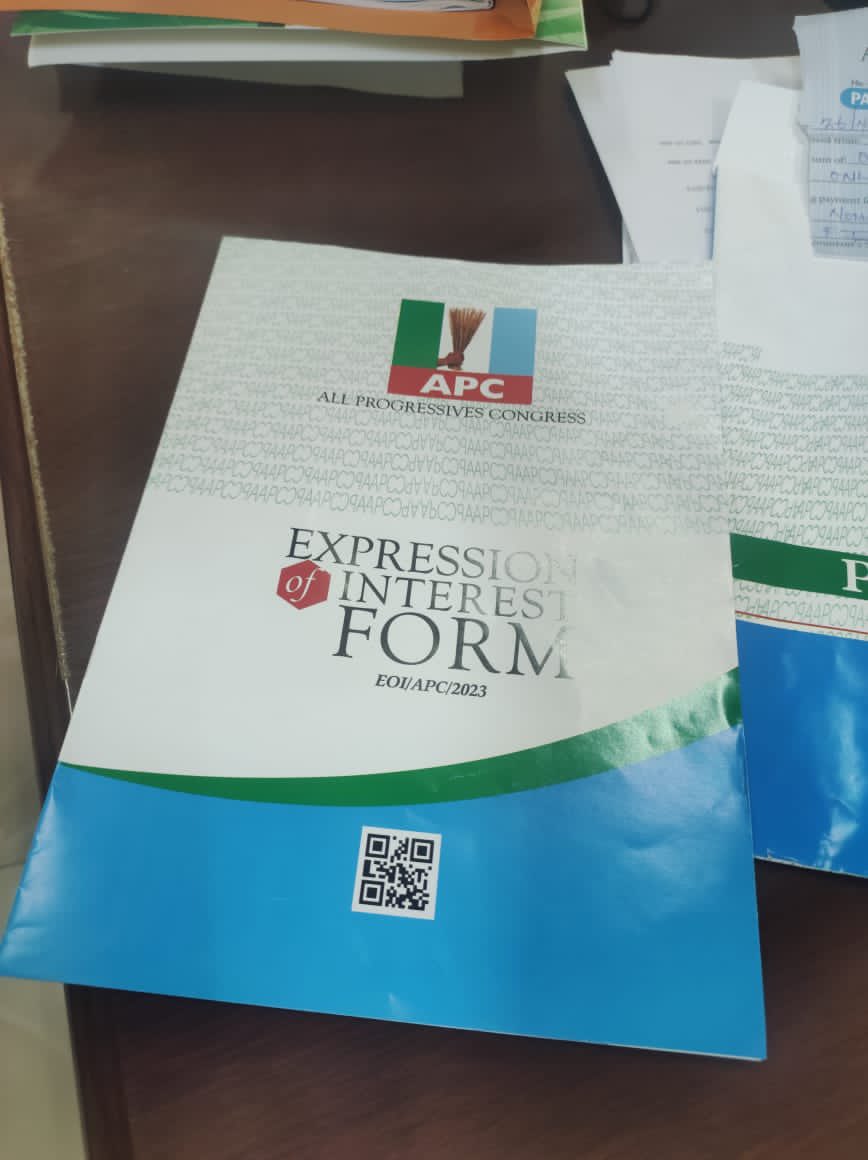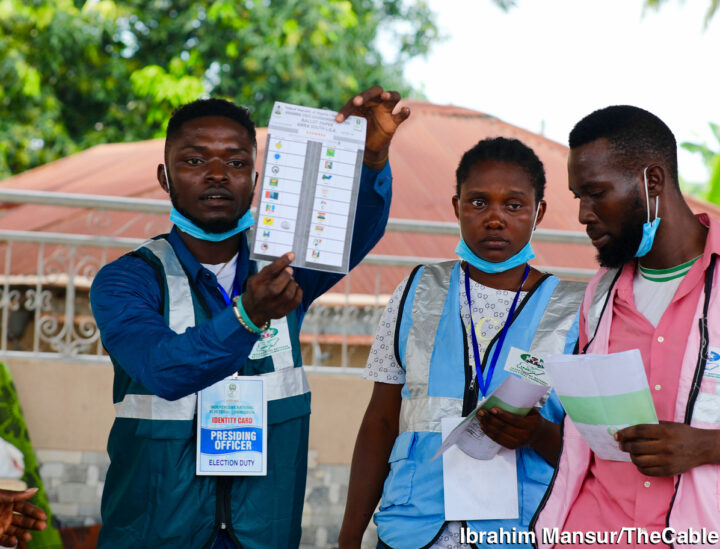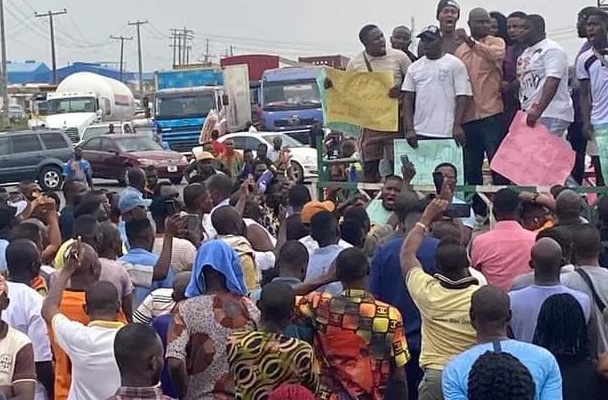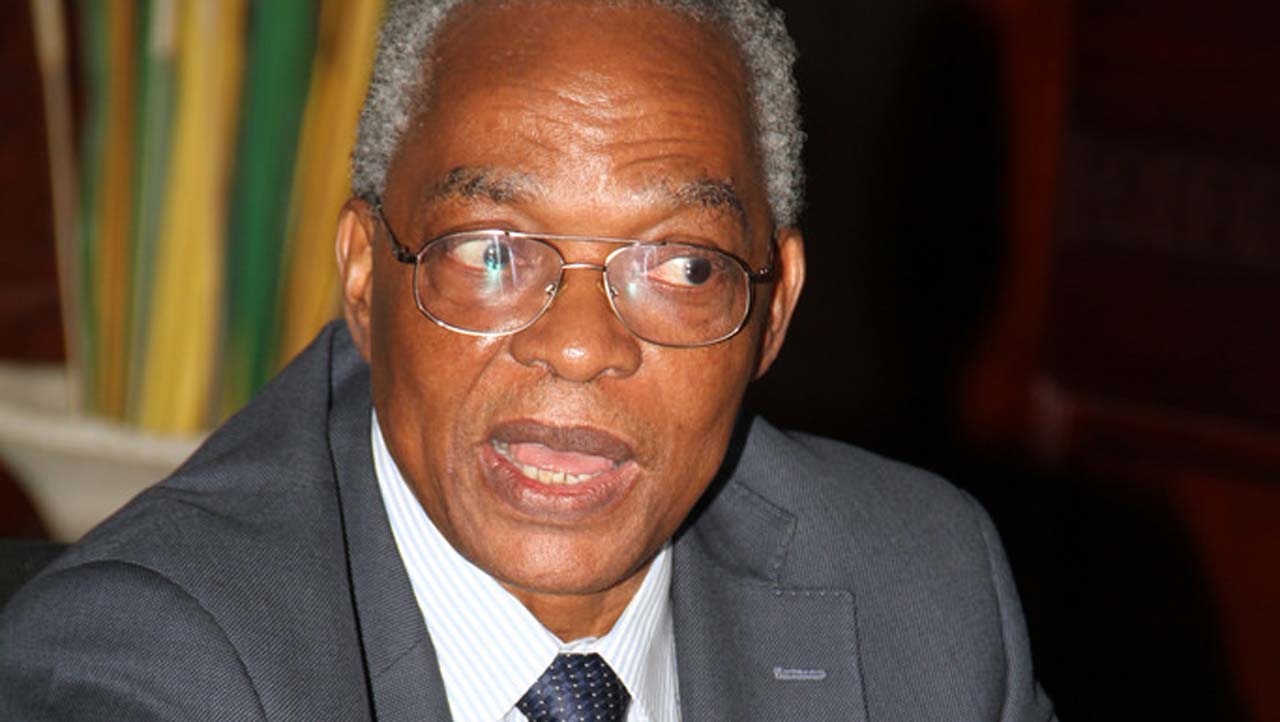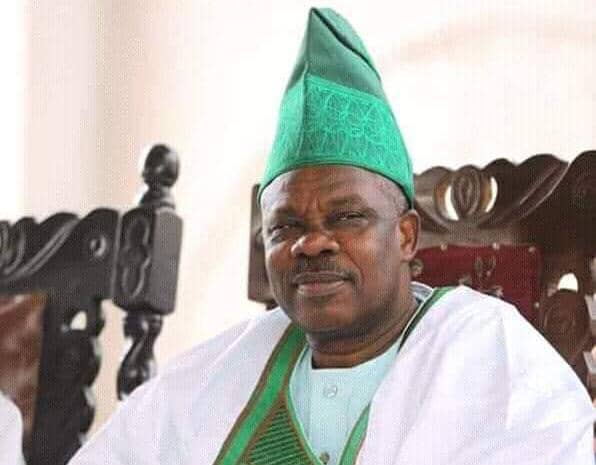BY OPEOLUWA DAPO-THOMAS
So 2023 beckons. Another election is around the corner with everyone vying to be in the corridor of power. Chatter on who will become the number 1 person on the land and where he or she will come from is gathering heavy traction. Zoning, age, religion, and political party are beginning to dictate the discussion as track record and competency are still on the back burner. Because Nigeria’s inflation rate, economic growth, debt, revenue, poverty, and a currency on auto-devaluation care about zoning, age, religion, and political parties. Because once a southerner is at the helm, automatically our debts are wiped off and one dollar will now equate to one naira. Better still, when a northerner is at the helm of power, we will stop importing food and fuel and inflation will drop to 2% with immediate alacrity.
Much ado about nothing as William Shakespeare puts it. Nigeria is in a state of emergency and we are at a precipice of a national disaster. The pendulum is not in our favour. Over 150 million Nigerians are on a slippery slope. Africa’s highest GDP nation is missing in the top 10 countries to invest in Africa. Africa’s largest oil producer is now importing fuel and has added adulterated fuel to the mix. Too many anomalies and paradoxes. Foreign direct investment has declined. There’s a massive capital flight and brain drain in the health sector as everyone now has a migration plan. We are now borrowing money to pay salaries and fix roads but now China has stopped picking up our call. The Giant of Africa has been put on voicemail. We need to fix Nigeria. We need to put aside differences and embrace the common objective to rescue Nigeria.
So hear me out. Is it remotely possible for everyone to drop aside their political parties and egos and work together in a decentralised government and fix Nigeria? Nigeria is home to innovative and intellectual Nigerians who have allowed politics to impair their brilliance and have collectively overseen a year on year decline of the West African nation.
Advertisement
Here’s a list of Nigerians that would make up the rescue committee in no particular order.
Okonjo Iweala (minister of finance): Okonjo’s Iweala’s time as minister of economy and head of the World Trade Organization would see her partner Sanusi to restore our economy. Her role will oversee our monetary policy and checkmating the independent central bank and support other ministers with respect to fiscal policy or budget formation;
Alhaji Sanusi (to serve as minister of finance 2): Having two ministers of finance will give an extra pair of eyes and checkmate the excess of having a powerful minister of finance. His time as CBN governor and Emir of the largest state in the country has equipped him with enough knowledge on how to fix the country’s finances, revenue, debt, and how to allocate resources to empower a business environment to benefit the population.
Advertisement
Bola Tinubu (minister of revenue generation 1): As governor of Lagos state – has overseen the highest revenue-generating state without oil, someone who turned a N600 million per month economy into a 10 billion per month economy should be given an opportunity to increase our bleeding revenue)
Yewande Sadiku (minister of revenue generation 2): Under the tenure of the former investment banker and CEO of NIPC, NIPC’s internally generated revenue also went from N296 million in 2016 to N3.06 billion in 2020.
Akinwunmi Adesina (minister of state for agriculture and food): The former agricultural minister and chairman of the African Development Bank would know enough to restore Agriculture to become our top commodity export and feed our growing population. Why do we have so much arable land and population if we cannot create our own food?
Kemi Adeosun (minister of women affairs and social development): Studies prove that the power of girls’ education on national economic growth is undeniable: a one percentage point increase in female education raises the average gross domestic product (GDP) by 0.3 percentage points and raises annual GDP growth rates by 0.2 percentage points. No other woman to work out how women who account for 54% of the population can contribute to GDP. Does not having an NYSC certificate make her incompetent?
Advertisement
Atedo Peterside (minister of budget and national planning): A patriotic statesman and a banker surely would cut costs and help In national planning.
Babatunde Fashola (minister of transport): His spell in Lagos oversaw numerous projects in the transport sector. He would come in to help to connect people and places, balancing investment across the country.
Peter Obi (minister of commerce and industry): The frugal political businessman can help turn our fortunes to that of China where commerce and industry contribute largely to the growth of the economy.
Yemi Osibanjo (minister of trade and investment): As vice president, he was the chairman of NEC and champion of Ease of Doing Business who understands that SMEs are the biggest employers of labour and would be a good addition to the list.
Advertisement
Tony Elumelu (CBN governor): Tasked to boost entrepreneurship like TEF through loans. His recent tirade against the illegal theft of oil from terminals highlights the desire for a better country. His understanding of the banking system is a plus as well.
Aliko Dangote (petroleum minister): Because our oil industry needs private players with experience and he has undertaken a refinery only built by sovereign nations.
Advertisement
Femi Falana (AGF and minister of justice): Because he has fought against impunity, social injustices, and corruption all his life.
Babatunde Fowler (Chairman of FIRS): Nigeria is needed to broaden the tax base and our current tax income improvement is because of his efforts as Chairman of FIRS.
Advertisement
Pat Utomi (minister of education): Who better understands that education and literacy are the pillars of a productive country than the professor himself?
Bismarck Rewane (minister of labour and employment): The CEO of Financial Derivatives should be given a chance to execute his workings as head of the minimum wage implementation committee.
Advertisement
Hameed Alli (minister of customs and interior): He should be given the opportunity to continue a good job in generating revenue through Customs and fix our consistent passport scarcity through the ministry of interior.
Seyi Makinde (minister of power): His engineering background and understanding that youths need electricity to be more productive would make him tenacious in fixing and overseeing the declustering of the electricity sector.
Nasir El-Rufai (minister of labour and employment): About 40% of the total spending of government is earmarked for paying the salaries of public servants but with bureaucracy and poor service delivery, it is high time we fix the civil service and public service. Shifting redundant and ghost workers from eating from the national purse citing what he did in Kaduna is exemplary in that aspect.
Kingsley Moghalu (minister of natural resources): His policy and plan embolden the fact that Nigeria has massive potential and finding a way to harness our resources will be essential. Nigeria has the largest gas reserves in Africa but does not produce as much as Algeria. Same with having large oil reserves and not producing as much as the United States.
‘Professor’ Zulum (minister of defence): Someone who has risked his life to tread on Boko Haram territory would combat security and put an end to insecurity in the northern region.
Akin Alabi (minister of sports): No better person in my opinion understands sports than the CEO of a sports betting company and an investor in football teams. How can we boost our national league and increase revenue indirectly through entertainment from Nigeria’s sports teams?
Donald Duke (minister of culture and tourism): A second chance to make Nigeria like Dubai?
Nyesom Wike (minister of works): “Mr Works” as he’s fondly called will ensure all projects are completed.
Simon Kolawole (minister of information) just because he has contributed so much to Nigeria with just a pen, he will surely do more in this portfolio.
Every year we sign a vote of no confidence on every minister. Every year, a single bloc of the electorate will remove any minister that is not performing. That is the power of decentralisation – power to the people
Views expressed by contributors are strictly personal and not of TheCable.
Add a comment
